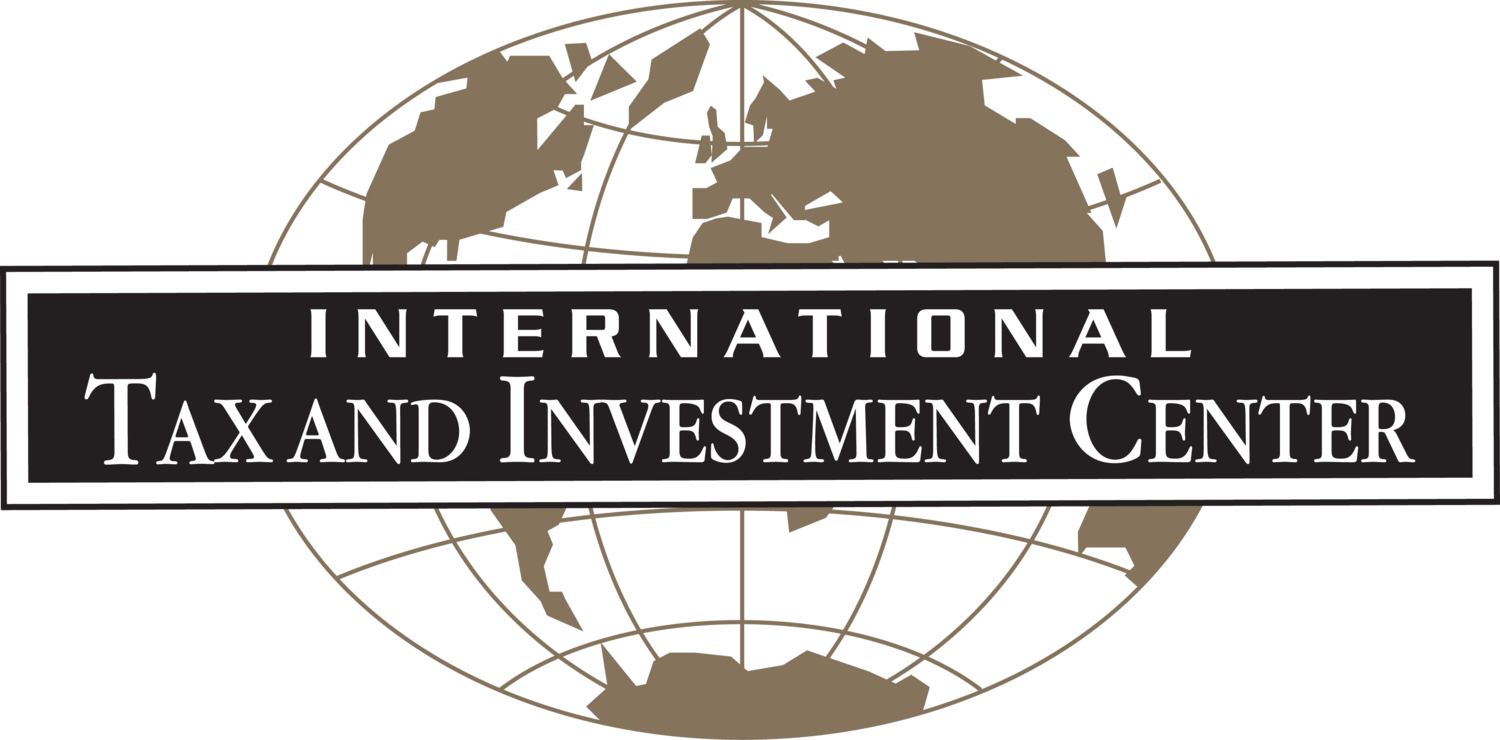Journal of International Taxation in China
State Taxation Administration, People’s Republic of China
The world today is witnessing rapid changes brought about by the scientific/technical revolution, industrial transformation, and the flourishing development of the digital economy, which have not only altered people's production modes and daily lives, but also profoundly affected the economic and social development of all countries, the global governance system, and progress of human civilization. Various countries are accelerating their steps in digital industrialization and industrial digitalization, taking initiative in creating and embracing new business models, promoting the in-depth integration of the digital economy and the traditional economy, and making great efforts to cultivate new growth drivers, so as to foster high-quality development of their domestic economy and the global economy.
However, in contrast to this rapid development of the digital economy, the study of related finance and taxation theories lags behind to some degree, which not only fails to provide complete and systematic explanation of a series of "new phenomena" emerging in the economic digitalization process, but also cannot offer sound policy options for high-quality economic development. In order to promote research in the field of finance and taxation, especially in the area of international taxation, boost theoretical innovation and practical originality, China International Taxation Research Institute, China Taxation Magazine House, School of Finance of Renmin University in China, Ali Research Institute, WU Global Tax Policy Center, and the International Tax and Investment Center are jointly soliciting papers focusing on "Research in International Taxation Rules against the Backdrop of the Digitalization of Economy".
I.Article Content
A.Topics of interest for submission include, but are not limited to:
The cutting-edge development of many disciplines, such as economics, law, management, natural science, engineering, etc., against the backdrop of economic digitalization, and their potential influences on and positive contribution to finance and taxation theories and policy development;
New economy, new technologies and new business models, and related innovation in finance and taxation policies (for example, the development of behavioral finance or behavioral taxation under economic digitalization, the influences of digital trade reform on customs tariff policy and its structural optimization, and the innovation and theoretical explanation of tax policy in the fields of robotics, artificial intelligence, sharing economy, cryptocurrency, Internet of Things, 3D printing, etc.);
Important theoretical innovations and breakthroughs in the field of international taxation in the context of economic digitalization (for example, exploring "digital investment", "continuous user contribution" and other concepts as the theoretical propositions of the new taxing right, studying the internal connection among digitalization, business models and value creation, and exploring ways for the measurement of data value and their weight setting in the design of tax policies);
Research on "two-pillar" reform of international taxation under the OECD’s BEPS Inclusive Framework (including the "revised profit allocation and nexus rules" as the architecture of "Unified Approach" on Pillar One and "global anti-base erosion rules" as the theme of Pillar Two design);
The exploration and practical experience concerning international tax governance under economic digitalization in each country, and their referential significance to international consensus (for example, the orientation manifested in the digital service tax collection and management experience for the confirmation of digital advertising revenue under the Unified Approach);
Innovative practices in finance and taxation adaptable to the new economy, new technologies and new business models, and related levy application (for example, studying the role of digital platforms in the sharing economy and cross-border transaction tax collection and management, and the latest practices of blockchain technologies in the field of finance and taxation);
National/regional suggestions or global approaches to address finance and taxation challenges arising from the digitalization of the economy.
B.Specific Requirements:
Submissions must be original, previously unpublished work. Papers can be theoretical study and exploration, practice-based reflection and conclusion, or an outlook for development prospects.
Papers shall be thoughtful, highlighting internationality, reflecting theoretical property, and pursuing innovation.
Papers shall possess a distinct theme and clear logic, and be written in popular, easy-to-understand, simple and smooth language.
In principle, the length of papers should be 6,000-20,000 words.
Language: either in Chinese or English
Style: For Chinese versions, please refer to the papers published in International Taxation in China; for English versions, please refer to the papers published in International Transfer Pricing Journal; moreover, international academic standards shall be followed. It is recommended to use Microsoft Word to edit your paper in A4 format. To facilitate anonymous review, please list the author's information (such as name, employer, contact address, phone number, and e-mail address) separately on the first page of the paper.
II.Eligibility and Submission Details
This paper solicitation is open to domestic and international tax practitioners, taxpayers, tax consultants, teachers and students, researchers in scientific research institutes, and persons from all sectors of society.
The deadline for all submissions is June 30, 2020. Submissions will be accepted directly by email (itc_dt@ctax.org.cn).
After the solicitation closes, all submissions will be blind reviewed by a Review Committee of relevant experts, who will also select the first prize, second prize, third prize, and honorable mention winners of the competition awards. Some outstanding authors will be invited to attend an academic seminar on "Study of International Taxation Rules under the Digitalization of the Economy".

